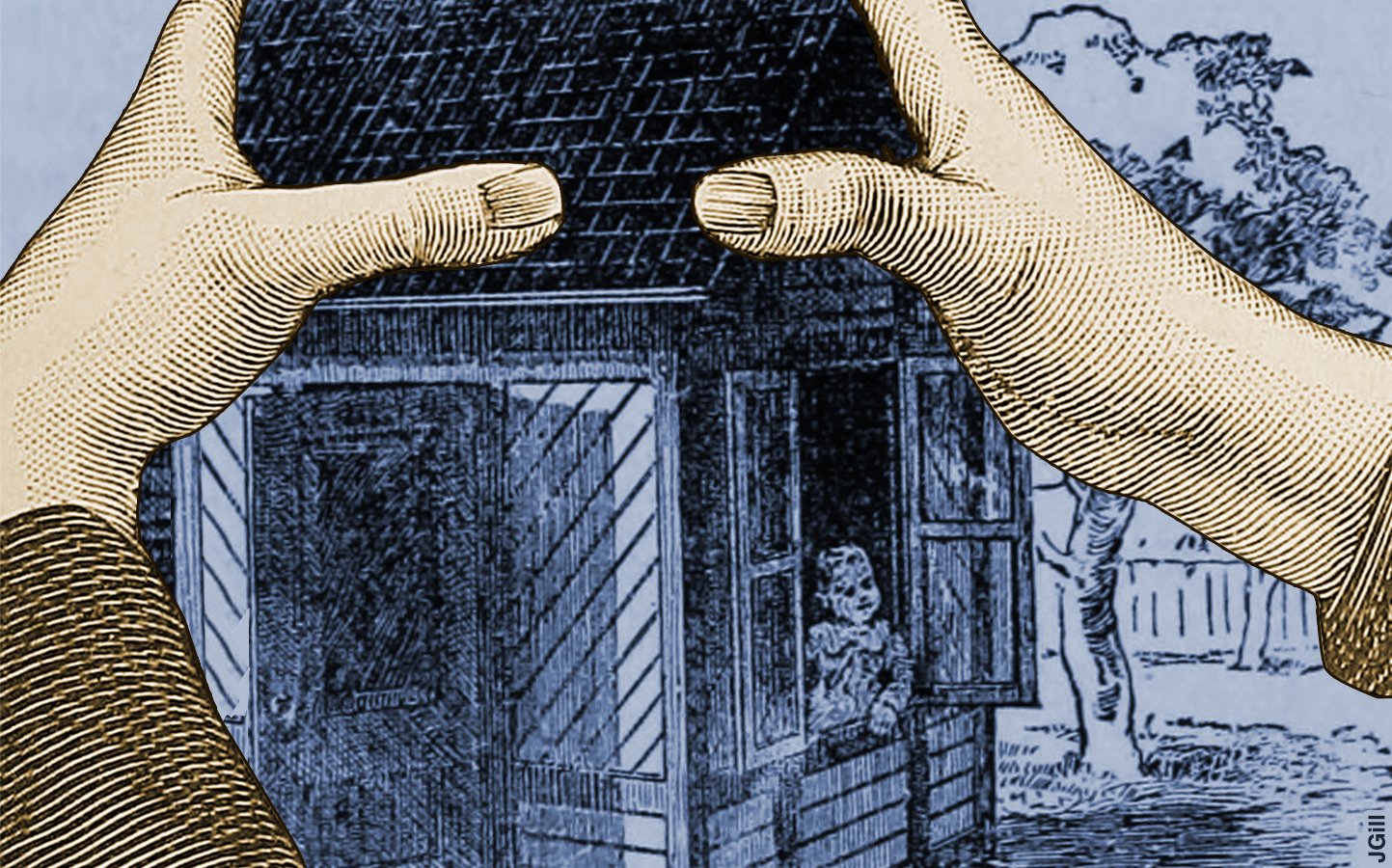The “tiny house” movement has gained momentum. More and more people — especially young people and childless people — see the virtue of very small houses. They are cheaper, can be made energy-efficient, have an almost necessarily smaller “environmental footprint,” and are mobile.
And I can see the attraction. For one thing, a tiny house would be easier to clean than what I have. For another? Snug. Many of the efforts are very cleverly designed and built. And certainly for young singles, they make a great deal of sense.
But, wouldn’t you know it, there is a problem here. Government.
Urban housing authorities, zoning boards, and the like, have not exactly been accommodating to this new development.
Which is, in its way, typical, and typically frustrating. After all, many of the reasons folks are looking to tiny houses result from government regulation in the first place. City, metro and county governments have been so poorly accommodating to diversity in housing demands that costs have risen horribly.
This is all explained over at Reason, which draws the bureaucratic environment of the nation’s capital in relation to tiny homes: “they’re illegal, in violation of several codes in Washington D.C.‘s Zoning Ordinance. Among the many requirements in the 34 chapters and 600 pages of code are mandates defining minimum lot size, room sizes, alleyway widths, and ‘accessory dwelling units’ that prevent tiny houses from being anything more than a part-time residence.”
This leaves Reason’s featured tiny home owner in yet another bad-government-induced limbo: “allowed to build the home of his dreams — he just can’t live there.”
We need tiny government. Or at least tiny-accommodating government. Really… both.
This is Common Sense. I’m Paul Jacob.





